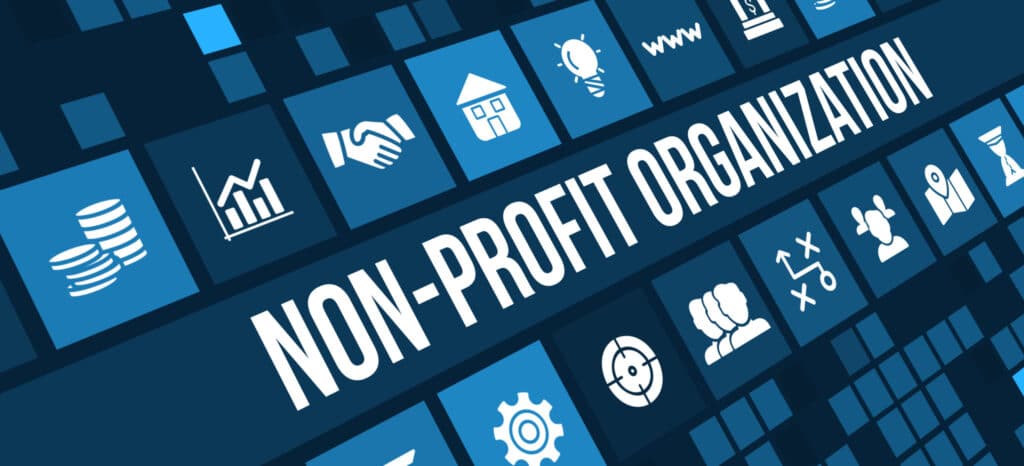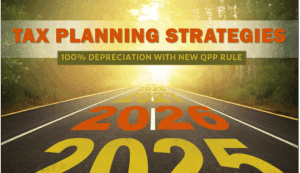The IRS released IR-2020-23, which provides an outline of the effects of a new tax law passed in December 2019. The Taxpayer Certainty and Disaster Tax Relief Act includes several provisions that may apply to tax-exempt organizations’ current and previous tax years. The changes summarized below are excerpted from the IRS release.
Repeal of “parking lot tax” on exempt employers
This legislation retroactively repealed the increase in unrelated business taxable income by amounts paid or incurred for certain fringe benefits for which a deduction is not allowed, most notably qualified transportation fringes such as employer-provided parking. Previously, Congress had enacted this provision as part of the Tax Cuts and Jobs Act, effective for amounts paid or incurred after December 31, 2017.
Tax-exempt organizations that paid unrelated business income tax on expenses for qualified transportation fringe benefits, including employee parking, may claim a refund. To do so, they should file an amended Form 990-T within the time allowed for refunds. More information on this process can be found at IRS.gov.
Tax simplification for private foundations
The legislation reduced the 2% excise tax on net investment income of private foundations to 1.39%. At the same time, the legislation repealed the 1% special rate that applied if the private foundation met certain distribution requirements.
The changes are effective for taxable years beginning after December 20, 2019.
Exclusion of certain government grants by exempt utility co-ops
Generally, a section 501(c)(12) organization must receive 85% or more of its income from members to maintain exemption.
Under changes enacted as part of the Tax Cuts and Jobs Act, government grants are usually considered income and would otherwise be treated as non-member income for telephone and electric cooperatives. Under prior law, government grants were generally not treated as income, but as contributions to capital.
The 2019 legislation provided that certain government grants made to tax-exempt 501(c)(12) telephone or electric cooperatives for purposes of disaster relief, or for utility facilities or services, are not considered when applying the 85%-member income test. Since these government grants are excluded from the income test, exempt telephone or electric co-ops may accept these grants without the grant impacting their tax-exemption.
This legislation is retroactive to taxable years beginning after 2017.
In summary
The provisions included in the new law were all sorely needed, especially the parking lot tax repeal, as they had proven to be very cumbersome for tax- exempt entities. Click here for instructions on how to claim a refund on UBIT paid on qualified transportation fringe benefits in tax years 2017 and 2018.
If you have questions or comments, please contact Bob Grossman or Katie Krizmanich at 412-338-9300.
Subscribe to Exempt Organization news to receive free e-mail updates from the IRS about issues of tax policy, services and available information for tax professionals and representatives that impact tax-exempt organizations.








